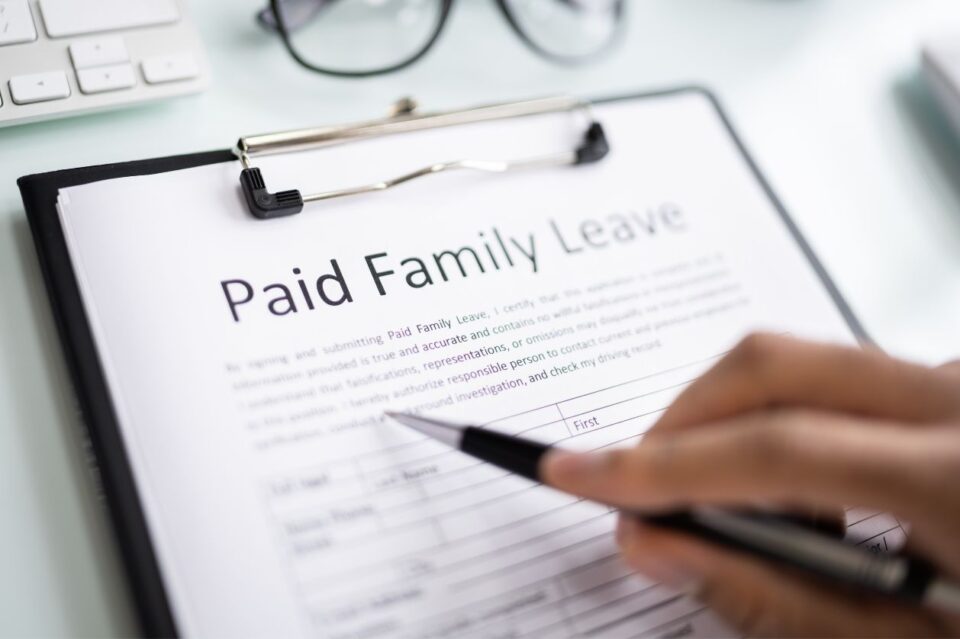Chicago City Council Delays Effective Date for New Paid Leave Requirements

On December 13, 2023, the Chicago City Council passed an amendment, extending the effective date of the Paid Leave and Paid Sick and Safe Leave Ordinance (“Paid Leave Ordinance”), which it had recently passed on November 9, 2023. In addition to extending the effective date from January 1, 2024 to July 1, 2024, the amended ordinance updated provisions regarding covered employees. Although the effective date has been delayed six months, employers should take steps now to ensure compliance.
Illinois employers outside of Chicago must comply with the Illinois Paid Leave for All Workers Act, which takes effect on January 1, 2024. The new Illinois law does not apply in Chicago or any other jurisdiction with an existing paid time off requirement.
As described in our previous article, the new Paid Leave Ordinance allows employees to earn up to 35 hours of paid leave for any purpose in a 12-month period (“PTO”) and up to 40 hours of paid sick leave in a 12-month period “(Paid Sick Leave”). Under the Paid Leave Ordinance, employees will accrue both PTO and Paid Sick Leave at a rate of at least one hour for every 35 hours worked.
What happens between now and July 1, 2024?
PTO accrual for Paid Leave and Paid Sick Leave under the new ordinance will begin on July 1, 2024, instead of January 1, 2024. With a delayed effective date of the new ordinance, the current Chicago Sick Leave Ordinance accrual rate of one hour for every 40 hours worked remains effective through June 30, 2024. The Paid Leave Ordinance requires that employers allow employees to carry over up to 16 hours of PTO and up to 80 hours of Paid Sick Leave each year, but the amending ordinance delayed the carryover requirements for Paid Sick Leave to July 1, 2024.
Are the pay-out requirements delayed?
Yes, the Paid Leave Ordinance required medium employers (51-100 covered employees) to pay out up to 16 hours of PTO in 2024 and all accrued and unused PTO beginning in 2025. Most large employers (those with over 100 employees) must pay out accrued and unused paid leave upon termination (or if an employee leaves Chicago). The amending ordinance delayed the pay-out requirements to July 1, 2025.
Did the amending ordinance change the definition of “covered employee”?
Yes, the original ordinance included employees who work at least two hours in a two-week period for the employer while physically present in Chicago. The future amended ordinance changed the definition to include employees who work at least 80 hours in Chicago during a 120-day period. Once an employee meets that threshold, they are deemed a “covered employee” for the duration of their employment with that employer. The Paid Leave Ordinance continues to include domestic workers (regardless of whether they are employees or independent contractors).
Do any Paid Leave Ordinance requirements take effect before July 2024?
Under the Paid Leave Ordinance, employers must: (1) post a notice of the new requirements, (2) adopt a written policy explaining PTO and Paid Sick Leave rights and responsibilities and share the policy with employees when they are hired, and (3) provide employees with PTO and Paid Sick Leave accrual and use information each pay period. The amending ordinance requires that employers provide their employment policies to workers with regular work duties within the geographical boundaries of Chicago in the primary language of each worker. Employers must also give employees 14 days’ notice of any changes to employment policies.
How should Chicago employers prepare?
Chicago employers should take the following steps immediately to make sure that they comply:
- Determine whether you will frontload or accrue for PTO and Paid Sick Leave (you can create one uniform policy to address both leaves or separate them depending on what best serves your business).
- Review existing policies to ensure compliance with the new ordinance and clearly explain how PTO and Paid Sick Leave will be handled.
- Make sure payroll systems are set up to track and document time off availability and usage properly.
- Determine whether any remote employees are physically present in the City of Chicago for work at least 80 hours in a 120-day period, and if so, make sure they’re included in the new policy.
- Update template separation letters to reflect new payment upon termination requirements and ensure your human resources team knows when and how time needs to paid out.
We will be continuing to monitor the City’s changes to the Paid Leave Ordinance. If you have any questions regarding Chicago’s new Paid Leave Ordinance or the Illinois Paid Leave for All Workers Act, please do not hesitate to reach out with any questions.